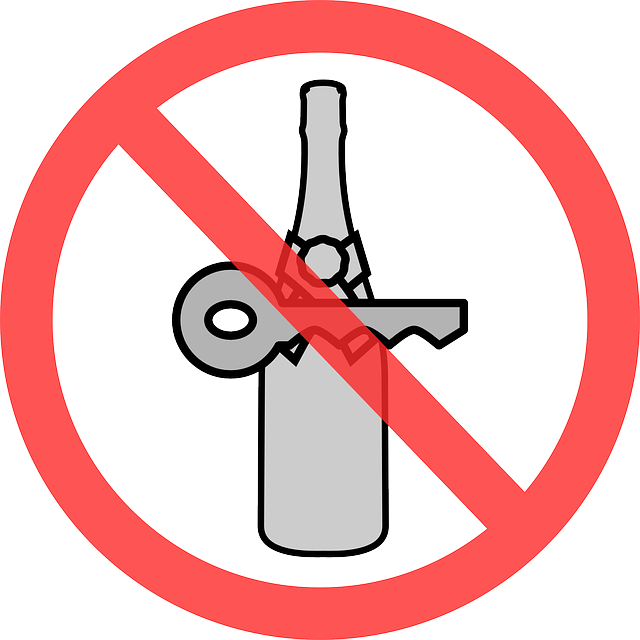Identifying high-risk geographic areas is crucial for effective recovery support. These regions have elevated rates of substance abuse and mental health issues, necessitating targeted interventions like High-Risk Geographic Area Interventions (HRGAI). HRGAI include tailored programs such as increased counseling access, job training, and community support networks to disrupt dependency cycles, encourage resilience, and facilitate successful recovery journeys. Community dynamics play a vital role in long-term recovery, with support groups providing safe spaces for sharing experiences, gaining insights, and offering mutual support, ultimately improving quality of life.
In many communities, certain geographic areas bear the brunt of substance abuse and addiction due to various socio-economic factors. These high-risk regions require tailored interventions for effective recovery. This article explores strategies focused on these specific locations, emphasizing the power of community and group dynamics in fostering long-term recovery. By delving into successful programs, we uncover innovative approaches that combine support groups with targeted interventions, offering a promising path to healing for those in need within high-risk geographic areas.
- Understanding High-Risk Geographic Area Interventions for Effective Recovery Support
- The Role of Community and Group Dynamics in Enhancing Long-Term Recovery
Understanding High-Risk Geographic Area Interventions for Effective Recovery Support

In the context of recovery support, identifying and understanding high-risk geographic areas is crucial for effective interventions. These regions often exhibit elevated rates of substance abuse, mental health issues, or other detrimental social factors that significantly impact well-being. By recognizing these areas as critical points for intervention, communities can strategically allocate resources to address underlying causes and promote recovery.
High-Risk Geographic Area Interventions (HRGAI) involve tailored programs and services designed to meet the unique needs of these regions. These interventions may include increased access to counseling, job training programs, and community support networks. By fostering a sense of belonging and providing practical assistance, HRGAI aim to disrupt cycles of dependency, encourage resilience, and facilitate successful recovery journeys for individuals within these areas.
The Role of Community and Group Dynamics in Enhancing Long-Term Recovery

In the context of long-term recovery, community and group dynamics play a pivotal role in fostering resilience and sustaining positive change. Support groups, particularly those designed for individuals facing similar challenges, offer a unique environment where members can share experiences, gain insights, and provide mutual support. This sense of belonging and camaraderie is especially potent in high-risk geographic areas where access to specialized services might be limited. The group setting facilitates open dialogue, encouraging participants to confront their struggles head-on while also celebrating achievements.
Group interventions have been shown to enhance recovery outcomes by creating a network of peers who understand the complexities of addiction or mental health issues. This peer support system extends beyond the meetings, providing ongoing encouragement and accountability as individuals navigate their personal journeys. In addition, group dynamics can challenge individual perspectives, promote self-reflection, and offer alternative coping strategies, all of which contribute to long-term recovery and improved quality of life.
Support groups and community dynamics play a pivotal role in long-term recovery, especially in high-risk geographic areas. By fostering a sense of belonging and providing peer-to-peer support, these interventions enhance resilience and promote sustained wellness. Understanding the unique challenges of these regions is crucial for implementing effective strategies that encourage recovery and build stronger, more resilient communities.






